It’s that time of year again, when Swedes cast aside normal Saturday plans for weeks on end, opting instead to plant themselves in front of the television to lap up (or laugh at) a curious mix of Swedish (wannabe?) pop stars vying to represent their homeland in the Eurovision Song Contest.
This Saturday evening, Svergies Television (SVT) lifts the curtain on its homage to Euro-pop schlagers that is the Melodifestivalen competition – an annual spectacle that has long been one of Sweden’s most well-known (some would say well-worn) television events.
The contest is the subject of a rather complicated love/hate relationship in Sweden. Almost everyone hears the songs, watches some of the preliminary rounds, or picks up the latest gossip from the tabloids.
Some people love it, others hate it, and others love to hate it.
Simply put, just about everyone has an opinion about Melodifestivalen, whether they want to or not.
Of course, an open-hearted embrace of Melodifestivalen and all that it stands for is can be a risky proposition.
Indeed, Eurovision-euphoria is often equated with supreme geekiness among would-be hipsters, emerging adults, and anyone who considers themselves an aficionado of good music.
Of course, even detractors end up watching some of the contest anyway (even if they say they’re doing so just to have a good laugh).
So, what’s all the fuss about then?
At its core, Sweden’s Melodifestivalen has a simple goal: to determine who will represent the country in the Eurovision Song Contest finals, to be held this May in Düsseldorf, Germany thanks to a victory last year by Hanover-born Lena, whose catchy “Satellite” proved a hit with television viewers across Europe.
While the task is simple, the producers at SVT have, for some reason, chosen to drag the selection process out over a period of one and a half months.
The competition kicks off with four semi-final rounds, the first of which takes place on Saturday in Luleå, in northern Sweden. Each semi-final consists of a showdown with eight songs each.
After an act performs its number, then viewers then call in and vote for their favourite. The five songs which receive the highest scores then face off again.
After the songs are performed one more time, there is another round of voting and this time the top two songs are chosen to advance to the final round, to be held in Stockholm’s Ericsson Globe Arena on Saturday, March 12th.
Meanwhile, the third and fourth place songs in each semi-final round are sent to “The Second Chance” (Andra chansen), where the eight second-tier semi-finalists duke it out for the final two spots in the finals.
From the ten finalists, one will ultimately be chosen to represent Sweden in Düsseldorf in May.
And who exactly will be performing, you ask?
Well, this year’s starting field is great mix of familiar faces and complete unknowns. Among the veterans looking to try their luck again is Sanna Nielsen, a beautiful blond that knocks people out with her ballads.
Danny, a heartbreaker from Swedish Idol 2006 who already has a number one hit in Sweden, is also looking for his next big pop breakthrough.
And then there is Elizabeth Andreassen, who has performed in schlager-events in both Norway and Sweden.
As for new attendees at the Melodifestivalen party, there is beautiful Annalie from Skåne in the south, Simon Forsberg, a young hunk from Umeå in the north, and Melody Club, a pop-rock band from Småland in central Sweden that can make practically anyone dance!
Also sure to spice things up will be the puffy pink wig and winning smile of one of Sweden’s most famous drags queens, Babsan, who is also making her Melodifestivalen debut.
And no Melodifestivalen experience would be complete without the hosts, who sometimes end up hogging more of the spotlight than many of the artists. This year will see a duo made up of former teen-pop sensation Marie Sernholt of A-teens fame and seasoned television host Rickard Olsson, known as the face of “Vem vet mest?” (‘Who knows most?’) and “Bingolotto.”
Special guests set to make an appearance include actor Peter Stormare and the beloved band The Ark.
And only in Sweden, it seems, could Euro-kitsch reach into the halls of political power.
Yes, even Swedish foreign minister Carl Bildt is scheduled to make a cameo (albeit pre-taped), donning a garish blazer featuring massive green rats which he first wore at the Swedish Grammy awards in 2008 in one of Sweden’s most famous fashion faux pas.
“Carl Bildt is tired of being mocked when things go so bad for Sweden and wants to do something about it,” Melodifestivalen producer Joakim Brobeck told the Expressen newspaper.
Of course, even government intervention may not be enough to ensure Swedish success on the Eurovision stage. Despite promises and projections of Eurovision glory for the Melodifestivalen winner, recent Swedish entrants to the pan-European showcase of schlager have fallen decidedly flat.
In yet another effort to boost the chance that the eventual Melodifestivalen winner will resonate with a wider audience, the voting system has been altered once again to give even more influence to “foreign juries” in assigning points in the final round of the contest.
Either way, this year’s Melodifestivalen is sure to provide plenty of glamour and glitz, not to mention heartbreak and happiness – as well as an opportunity for sceptics and cynics alike to hold their bellies in laughter, or their heads in shame.
Related Links:

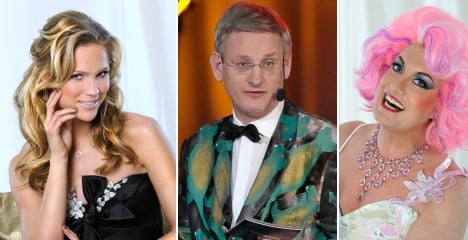
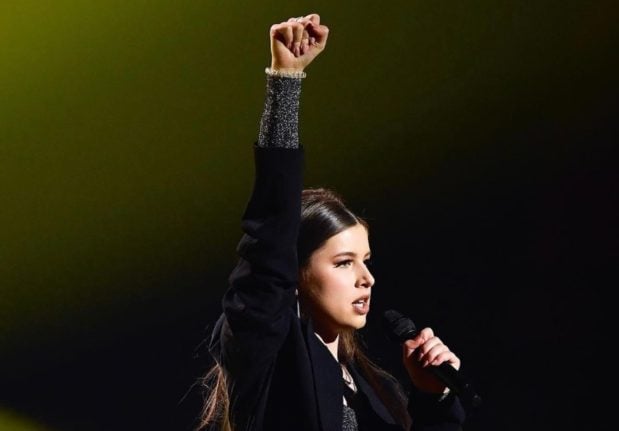

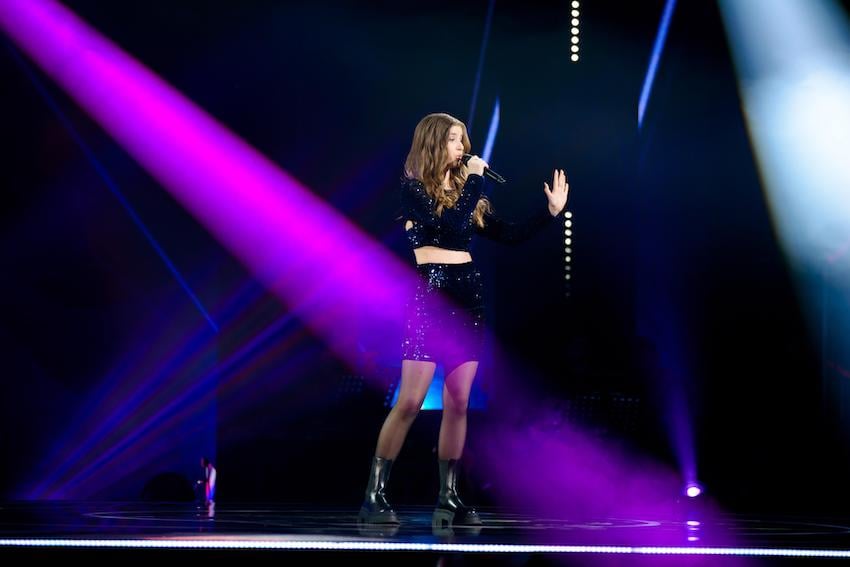
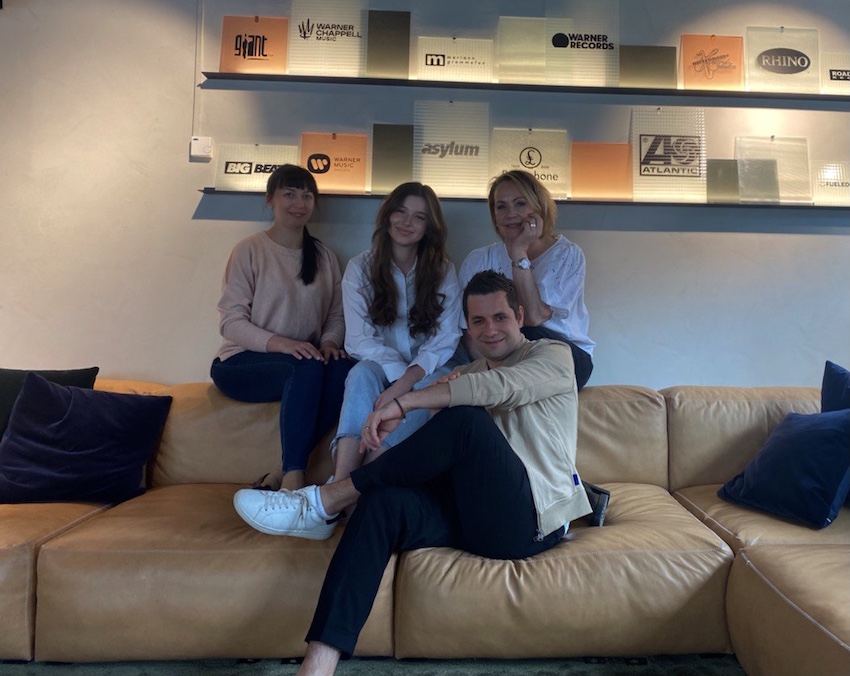
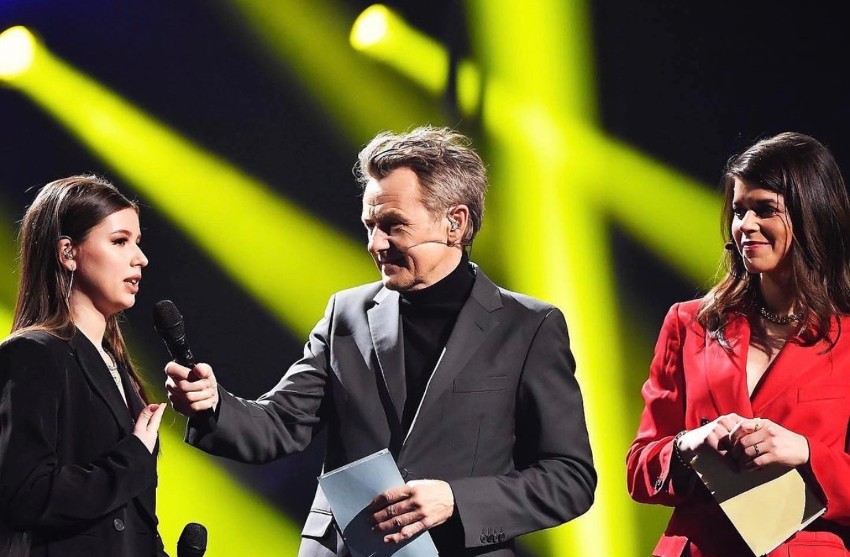
 Please whitelist us to continue reading.
Please whitelist us to continue reading.
Member comments